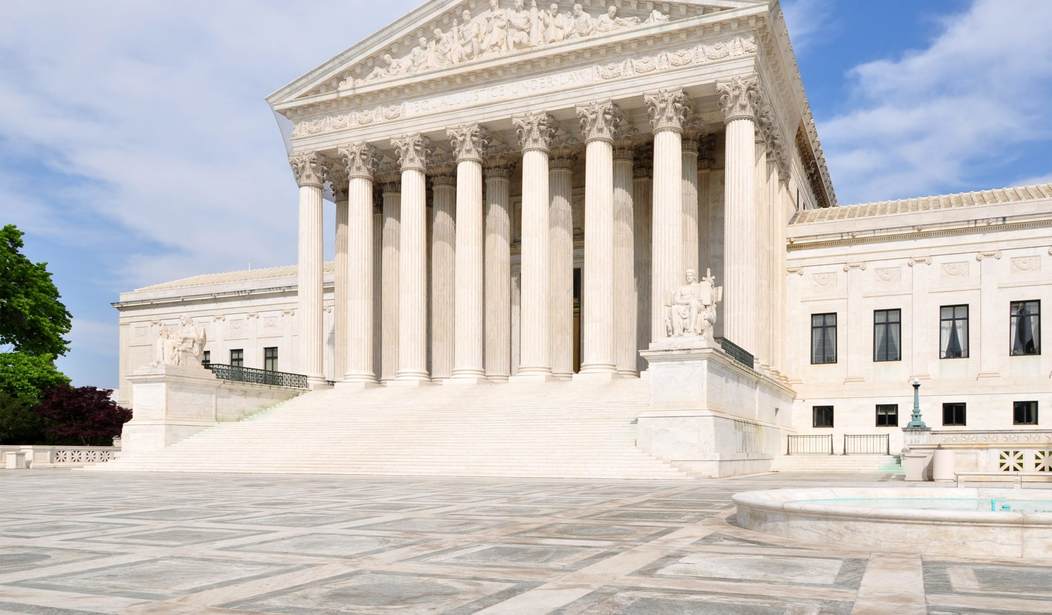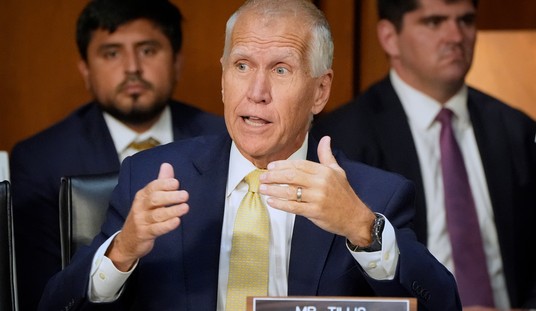On Monday, the U.S. Supreme Court freed a lawyer from subsidizing speech he disagrees with, citing the key First Amendment case Janus v. AFSCME, which freed non-union members from having to pay ostensibly non-political “agency fees” to unions they refused to join. The Court applied this same rule to a lawyer who wished to opt out of supporting a state bar association that opposes his own political views.
“It’s wrong to force people to subsidize political statements they disagree with—lawyers no less than others,” wrote Timothy Sandefur, vice president for litigation at the Goldwater Institute, in a post announcing this victory. The Goldwater Institute sued the state of North Dakota on behalf of attorney Arnold Fleck, who objected to being forced to pay for political activities he disagrees with.
The 8th Circuit Court of Appeals disagreed with Fleck, ruling that North Dakota may force lawyers to join the state bar association in order to practice law. North Dakota’s integrated bar requires Fleck and other licensed attorneys to pay annual dues to the State Bar Association of North Dakota (SBAND) in order to practice law.
The association pushes certain political issues with which members may disagree, however. According to the Supreme Court in Janus, if a union engages in political activity any mandatory payments to the union are considered political and workers can opt out of subsidizing these unions.
In 2014, Fleck volunteered time and money to support Measure 6, a state ballot initiative to create a legal presumption that each parent is entitled to equal parental rights. SBAND used his compulsory fees to oppose Measure 6, and Fleck filed a lawsuit seeking relief for First Amendment claims.
In November 2015, SBAND revised its license fees statement, allowing members to object to non-germane uses of membership fees. This satisfied one of Fleck’s three claims. The key issue involved whether or not SBAND’s “opt-out” procedure violated his right to affirmatively consent before subsidizing non-germane expenditures. The 8th Circuit Court dismissed that claim.
The 8th Circuit held “that forcing lawyers to join the state bar association was a legitimate way to regulate the practice of law — and that Fleck had really ‘opted in’ to being forced to pay, since, after all, he wrote the check and sent it to the state,” Sandefur wrote.
The Goldwater Institute VP argued that the 8th Circuit’s ruling “contradicts the protections afforded in the Janus case, which held that the government must never presume that someone’s willing to subsidize speech they disagree with.” Other states regulate the practice of law without forcing lawyers to join a bar association.
The Supreme Court agreed with Sandefur’s reasoning. It struck down the 8th Circuit Court’s order without an accompanying opinion, ordering the court to reconsider the case in light of the Janus decision.
The Janus decision freed non-union workers from having to pay compulsory “agency fees,” because even though those fees were ostensibly non-political, they propped up unions that engaged in political activity the workers disagreed with. In the wake of Janus, at least 25,000 workers have left unions in the Northwest, costing them about $20 million, thanks to the work of the Freedom Foundation.
Follow the author of this article on Twitter at @Tyler2ONeil.









Join the conversation as a VIP Member